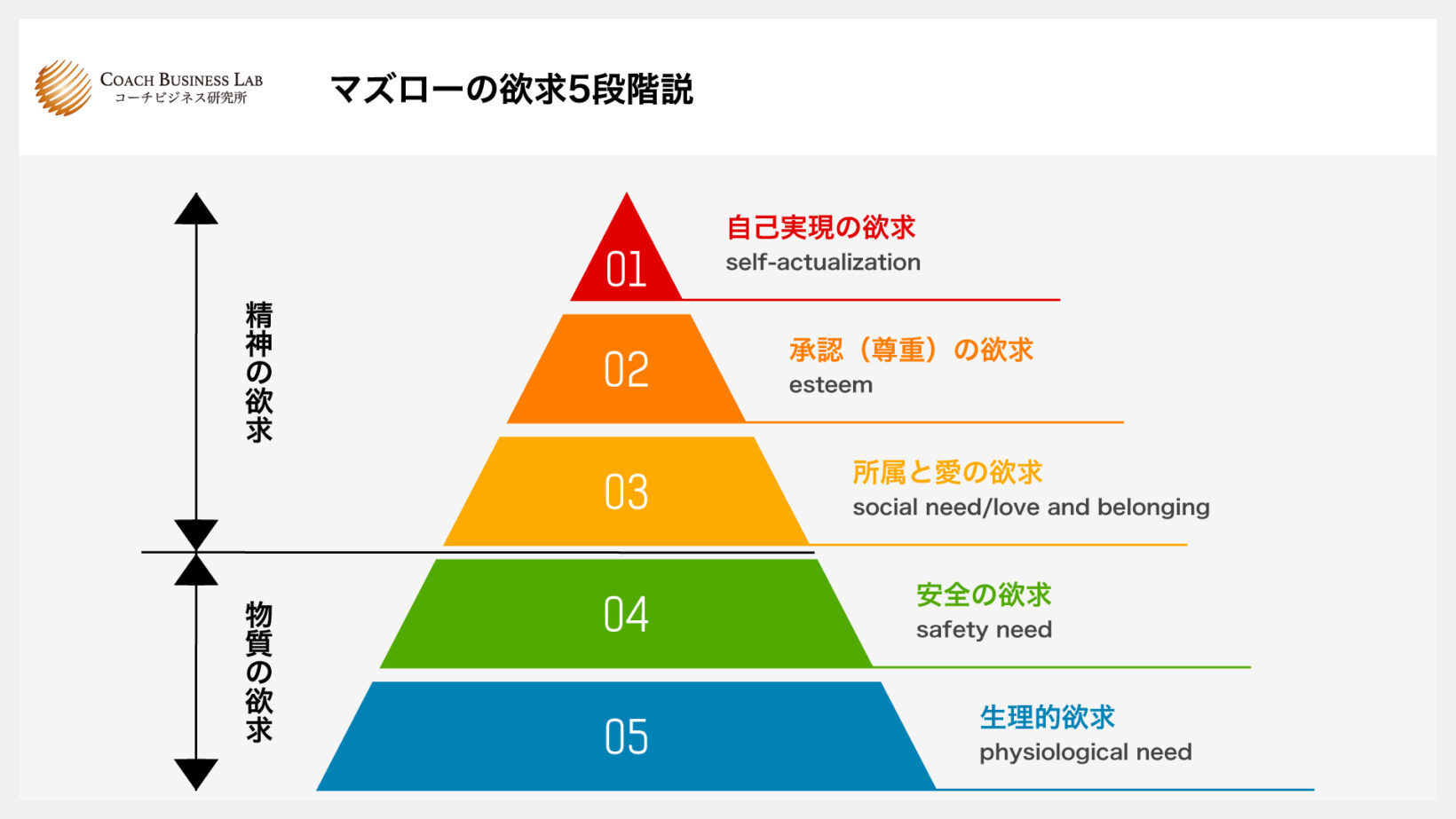The typical theory of motivation is Maslow’s Five Levels of Needs. Maslow’s Five-Step Theory of Motivation is a leading theory of motivation.
Abraham Maslow was born in 1908, the eldest of seven siblings of poor Jewish Russians who immigrated to the United States to escape pogroms in the Russian Empire (mass persecution of Jews, including murder, looting, destruction, and discrimination).
The Holocaust against Jews is often associated with Hitler’s Germany, but the distorted communal illusions about Jews formed over the course of a long history were never a German problem alone; they materialized mainly in Eastern Europe, including Russia. The Jewish people, who have given birth to great ideas and theories such as Freud and Adler, may have been inspired by the narrative that the Jewish people have shared a history of over 2,000 years of persecution.
The Five Levels of Needs theory focuses on homeostasis, which is an organism’s built-in need to maintain its internal environment in a constant state. Maslow believed that physiological needs, such as appetite, are primordial, and when they are satisfied, the level of need moves to the next area, such as physical security. He organized these areas into five levels and presented the “Five Levels of Needs” theory.
Maslow points out that the higher level of need is the motivation to grow and mature on one’s own. The lower two levels are the desire for material things, and from the third level, this is considered to be the need for spirit. Each tier has been translated into Japanese, and it has been expanded, but since I feel that there are variations in interpretation depending on how it is translated, I will introduce the original English as well.
The fourth level is often translated as “approval,” but the literal translation of “esteem” as “respect/respect” seems more appropriate. The fifth and highest level is “self-actualization,” which is translated in Japanese as “desire for self-actualization”.
The following passage is from “30 Famous Books of Psychology” (Tatsuya Sato, Chikuma Shinsho).
Maslow’s attitude was to criticize various theories while at the same time finding and summarizing their good points. In addition, the ideas thus created resonated with the ideas of Rogers and represented the psychology not of “humans” as living organisms but of “people” who live with a temporal perspective in society, thus creating the core of the psychology of human nature.
You can feel that the word has had a great influence on the formation of the concept of coaching.

コーチング情報局を運営する株式会社コーチビジネス研究所では、企業を対象としたコーチング研修、ビジネスパーソンを対象としたビジネスコーチング、個人の方を対象としたライフコーチングを提供しております。その他、コーチングを学びたい方のためのコーチングスクールの運営、経営者やビジネスリーダー向けにセミナーを開催しています。興味や関心がございましたら、お気軽にご相談・お問い合わせください。
This article was written in Japanese and converted into English using a translation tool. We hope you will forgive us for any inadequacies.
Coach Business Laboratory, Inc., which operates the Coaching Information Bureau, provides coaching training for companies, business coaching for business people, and life coaching for individuals. In addition, we operate a coaching school for those who want to learn coaching and hold seminars for executives and business leaders. If you are interested or have any questions, please feel free to contact us for further information and consultation.


